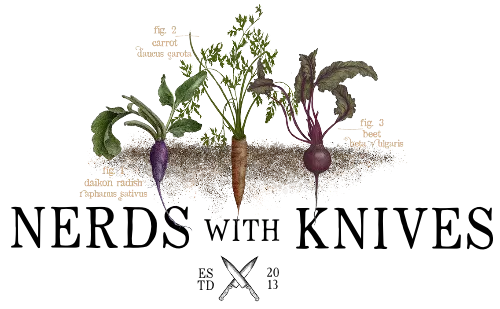(you might already have)
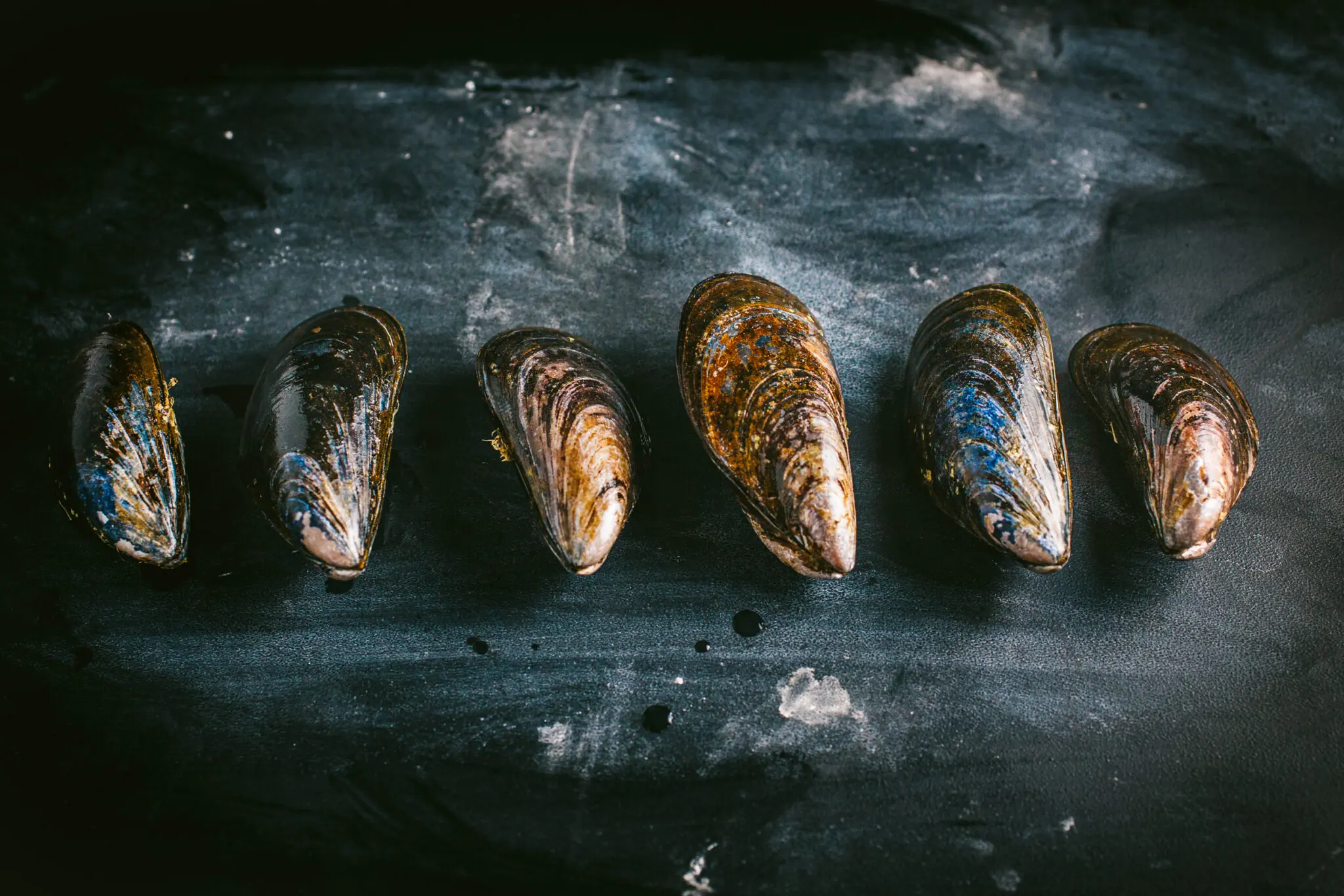
If you’re just starting out your food photography journey, you may not be ready to invest in expensive backgrounds. You also may not be ready to invest in the time and money it takes to make your own custom surfaces (though we love making our own).
Luckily, there are loads of options for surfaces that are either free, or very low cost. We’ll show you what to look for and what to avoid. Here’s a list of 10 of our favorites.
1. reclaimed Wood
Reclaimed wood looks beautiful on camera and it immediately adds a warm and rustic charm. The more weathered it is, the more character it has. Look for old doors (or pieces of doors), old wooden chairs (the seat can be the surface), pieces of wood siding.
Contractors often throw out old wood when renovating, so ask around to see if there’s any projects in your area. They may give it to you for free or for a minimal charge.
Avoid anything that has a glossy, sealed surface. Shine is the enemy because it will reflect light and cause hot (bright) spots on your photographs.
Be aware that old wood may have chemicals from paint or stains so don’t put any food directly on it you plan to consume.
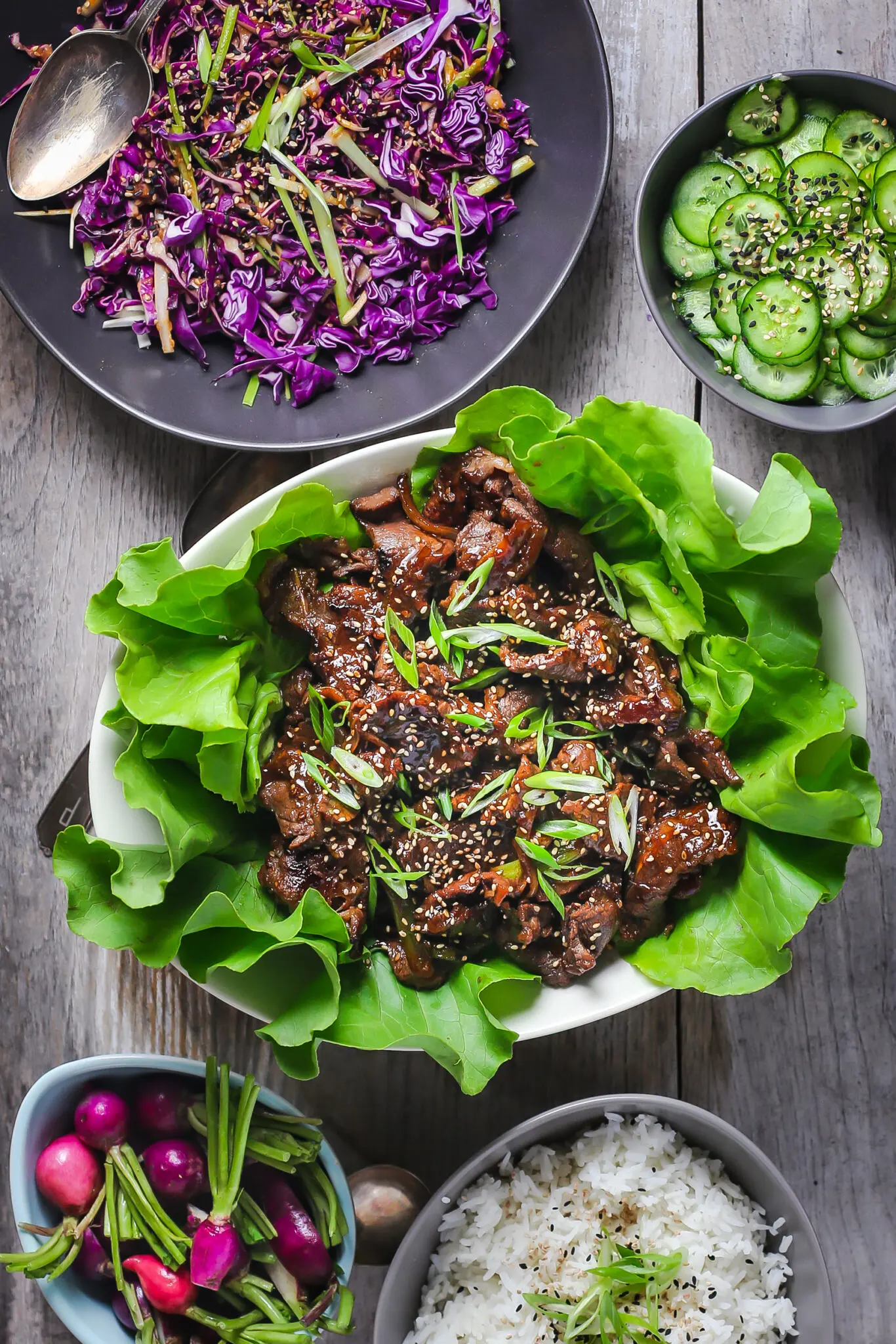
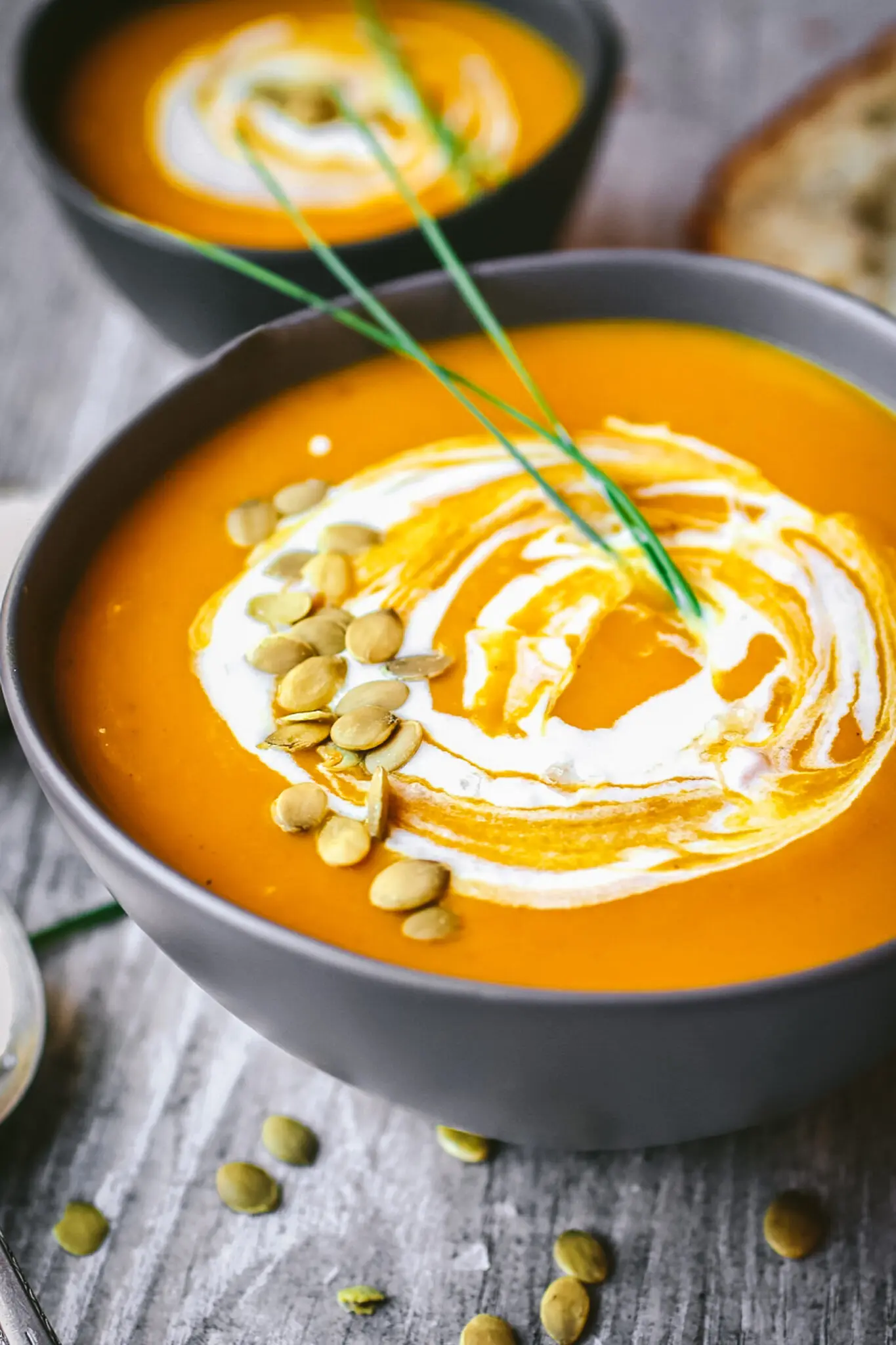
2. fabric & linens
Fabric can make an easy, versatile background for all types of photographs. Our favorite fabric is real linen because it has a beautiful texture that the camera loves. You can use cloth tea towels, napkins, placemats, table runners or tablecloths.
The most useful type will be neutral colors, like various grays, beige, flax and ivory. Pure white and black are actually quite difficult to shoot with so we mostly avoid them. Look for fabric with a nice texture, like a rustic weave. Avoid shiny synthetic fibers because they well reflect light and look cheap. Other fun fabrics include lace, striped patterns, bright colors, but they are a little harder to use.
You can often find great fabrics at thrift stores and flea markets. Look for sales on linens.
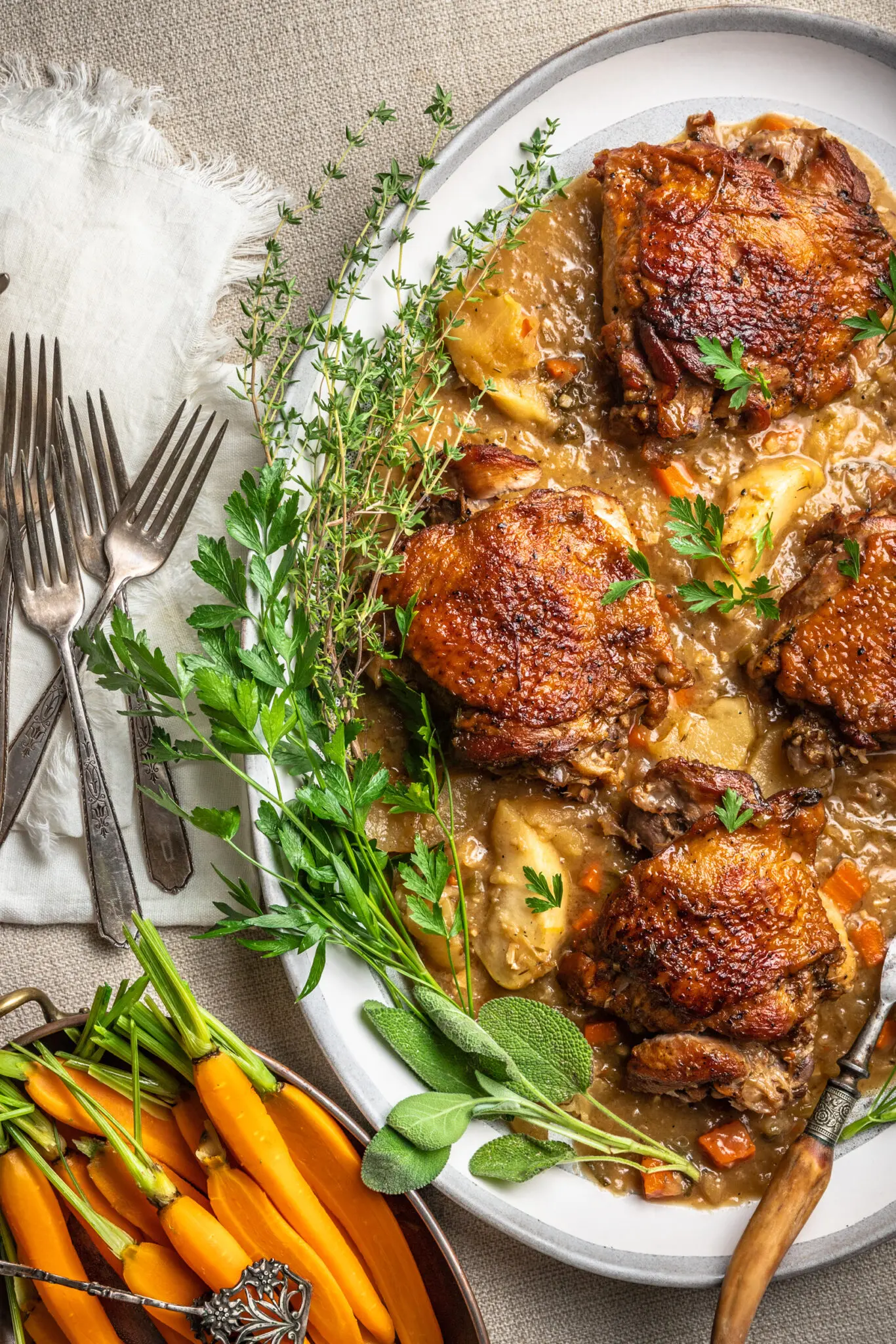
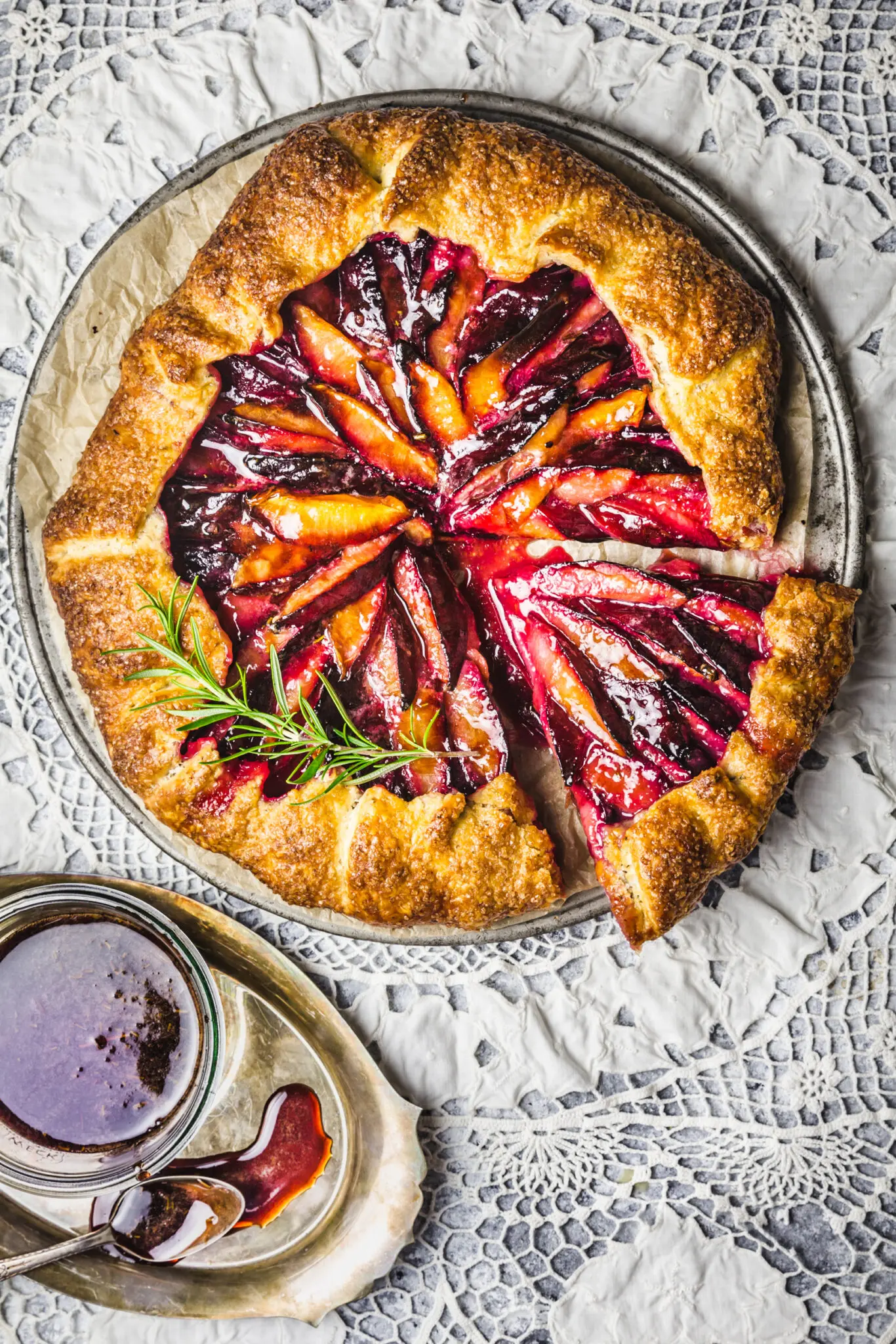
3. tiles
Tiles are a cheap and cheerful way to have a variety of backgrounds on hand. There are endless sizes, styles and colors but our favorites are simple stone in neutral colors, including real slate and marble. You can find large ones that can be used on their own, or smaller ones you can set up in a pattern.
Look for sales on discontinued or damaged tiles which can often be very cheap. Just make sure they are matte, not glossy.
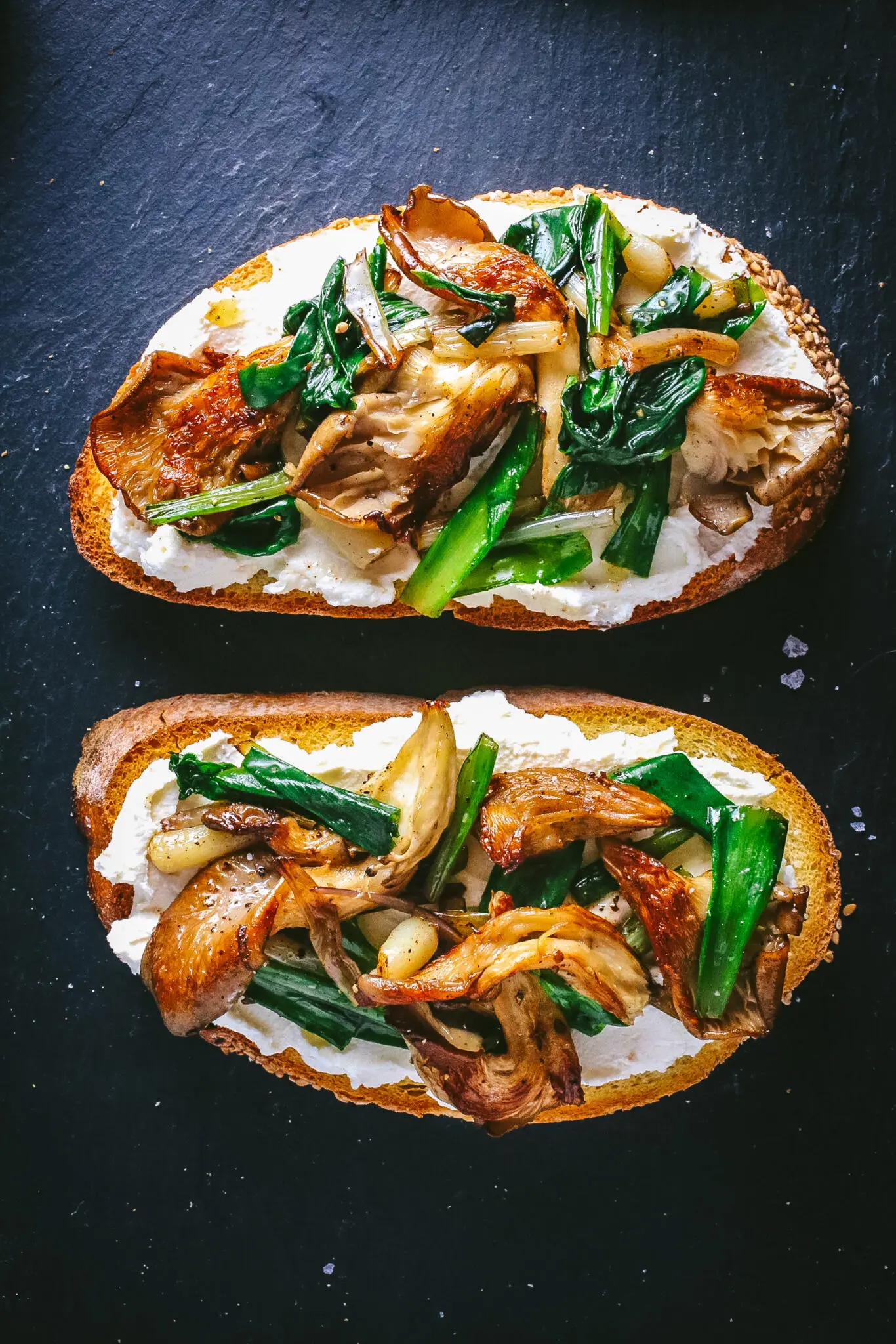
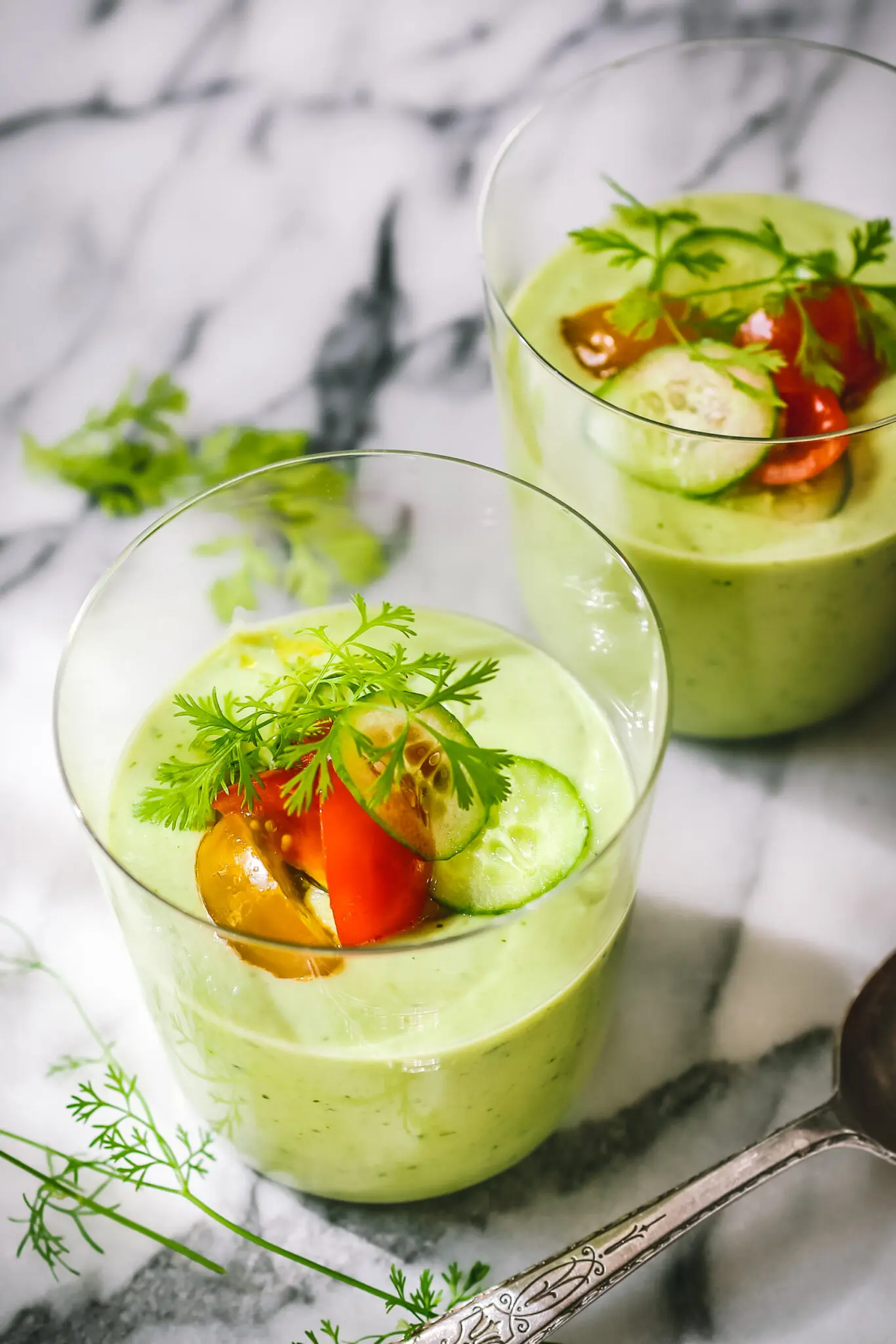
4. Old baking sheets
You know those old baking sheets that are impossible to scrub back to their original shiny metal surface. Don’t throw them out! They make fantastic backgrounds. The more blackened and scratched, the better. They have a beautiful, rustic texture in photographs. Ask your friends and family, and I bet someone will have a few to give you.
If you have one that’s not quite gritty enough, you can help it along by rubbing it very lightly with oil and heating it in a very hot oven. Do this several times, until it looks right to you.
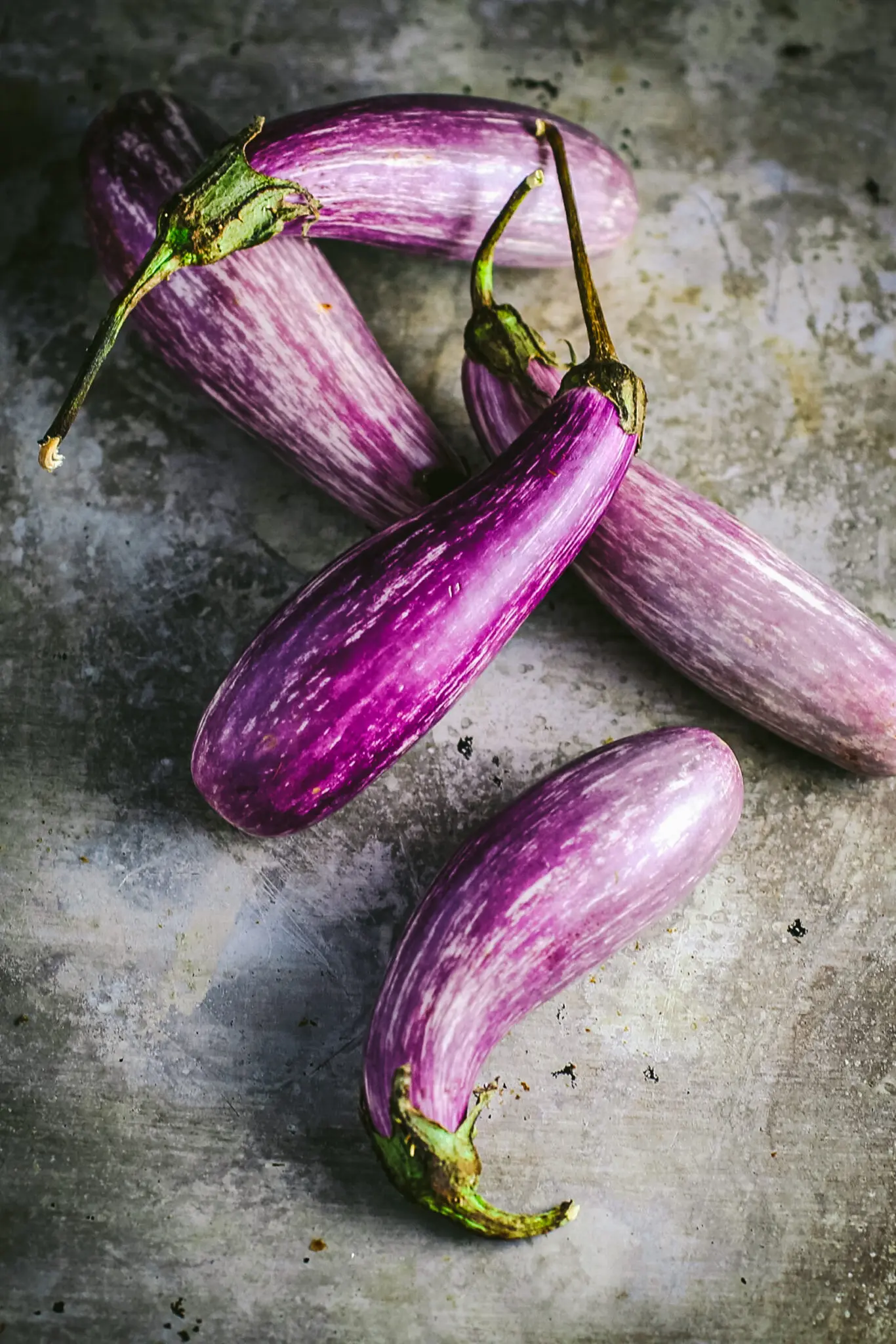
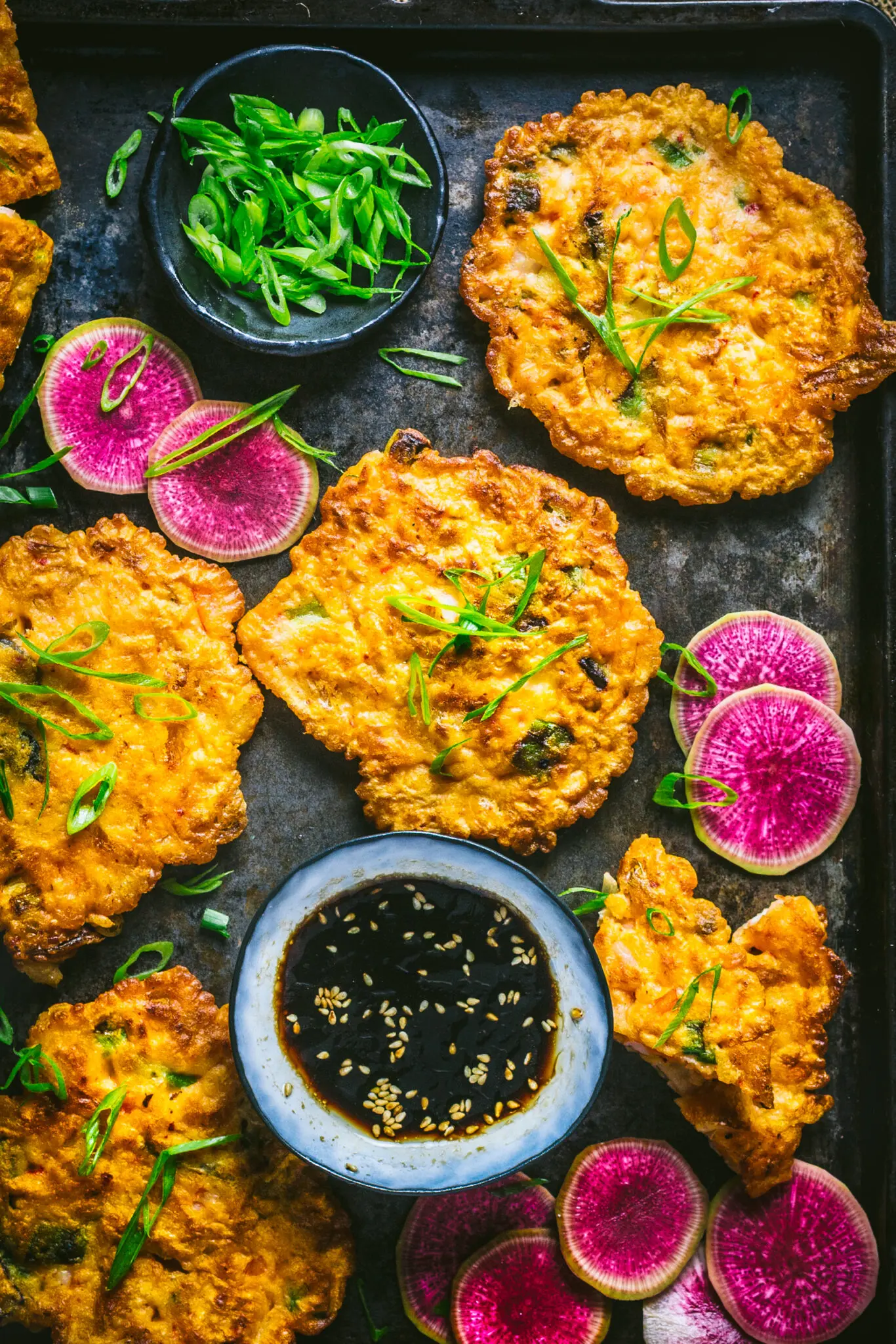
5. Parchment & wax paper
We always keep a roll or two of parchment paper both in white and a natural (beige) color. A good technique is to crush it in your hands and then spread it out to create a nice crinkled texture. We like to tear it to give it a rustic edge, and layer several pieces to give it more visual interest.
It’s perfect for shooting baked goods, and to show something “in progress”.
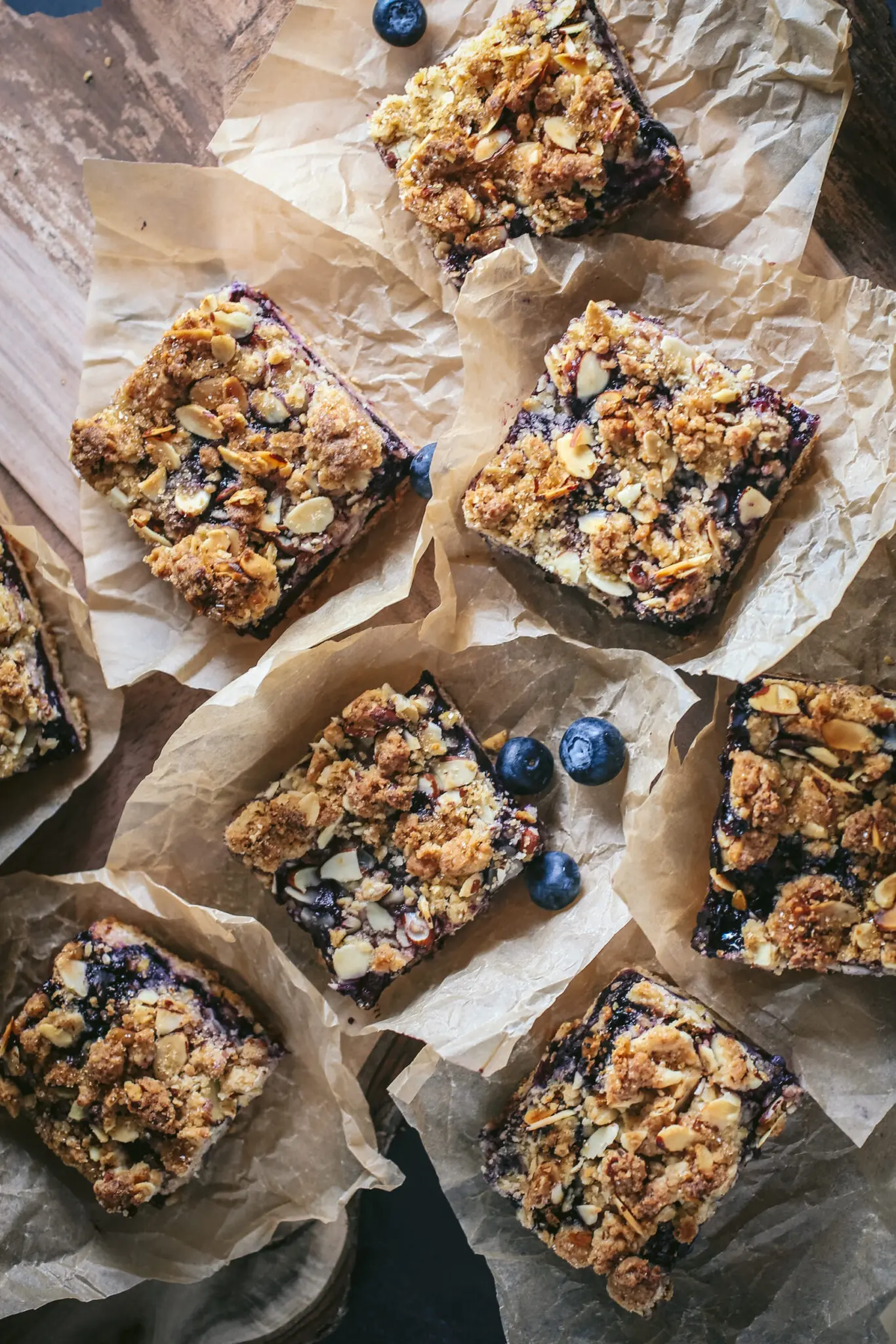
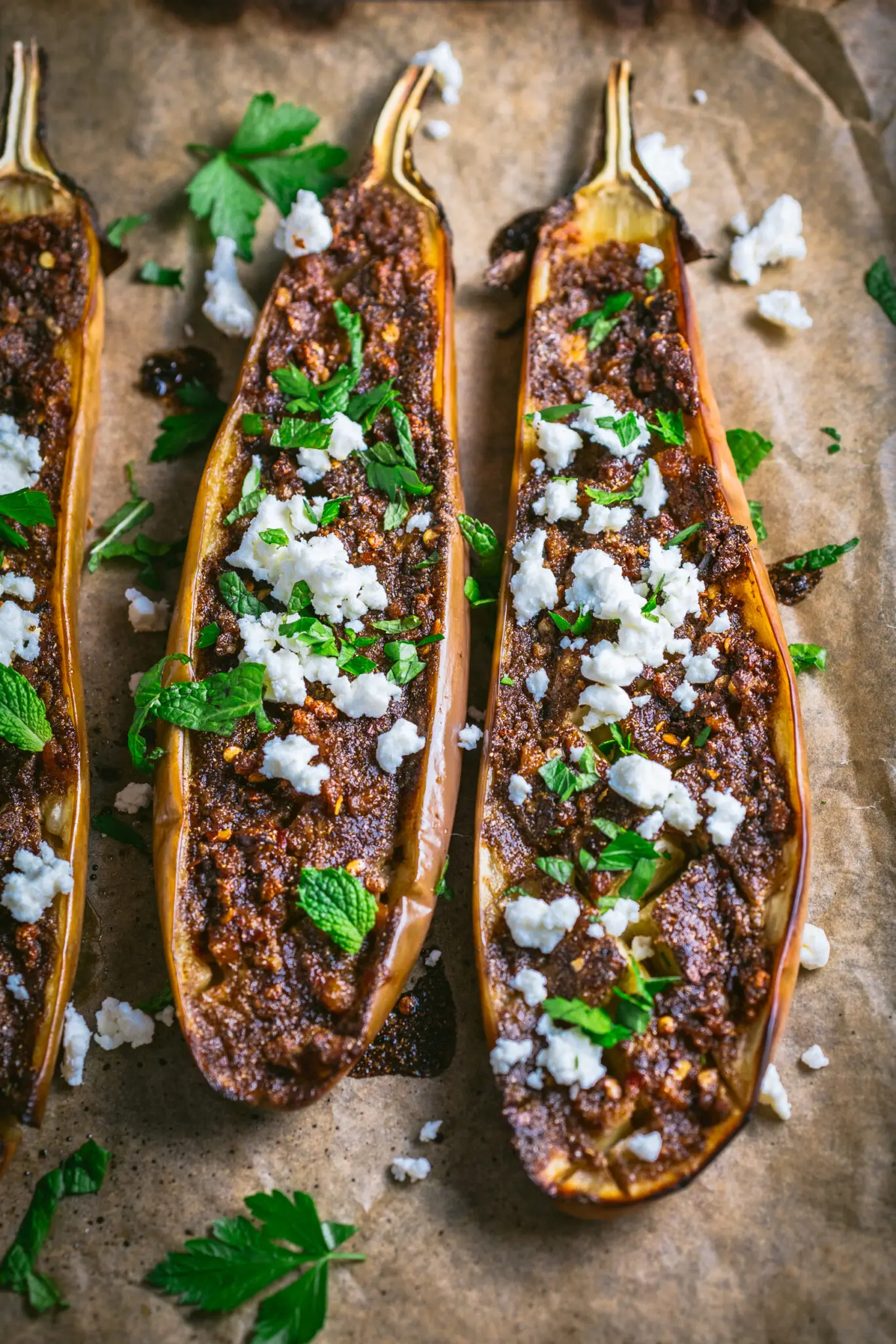
6. chalk boards
One of the first backgrounds we ever used was a cheap chalk board from home depot. And we used it a lot. One of the best things about it is that it’s super matte, no shine at all. And it’s incredibly versatile in that you can leave it as is and it will shoot as a lovely charcoal color, or you can use chalk on it and create tonal variations from light to dark (or colors if you use colored chalk).
They look great as a “wall” in side angle shots as well as the surface for an overhead shot.
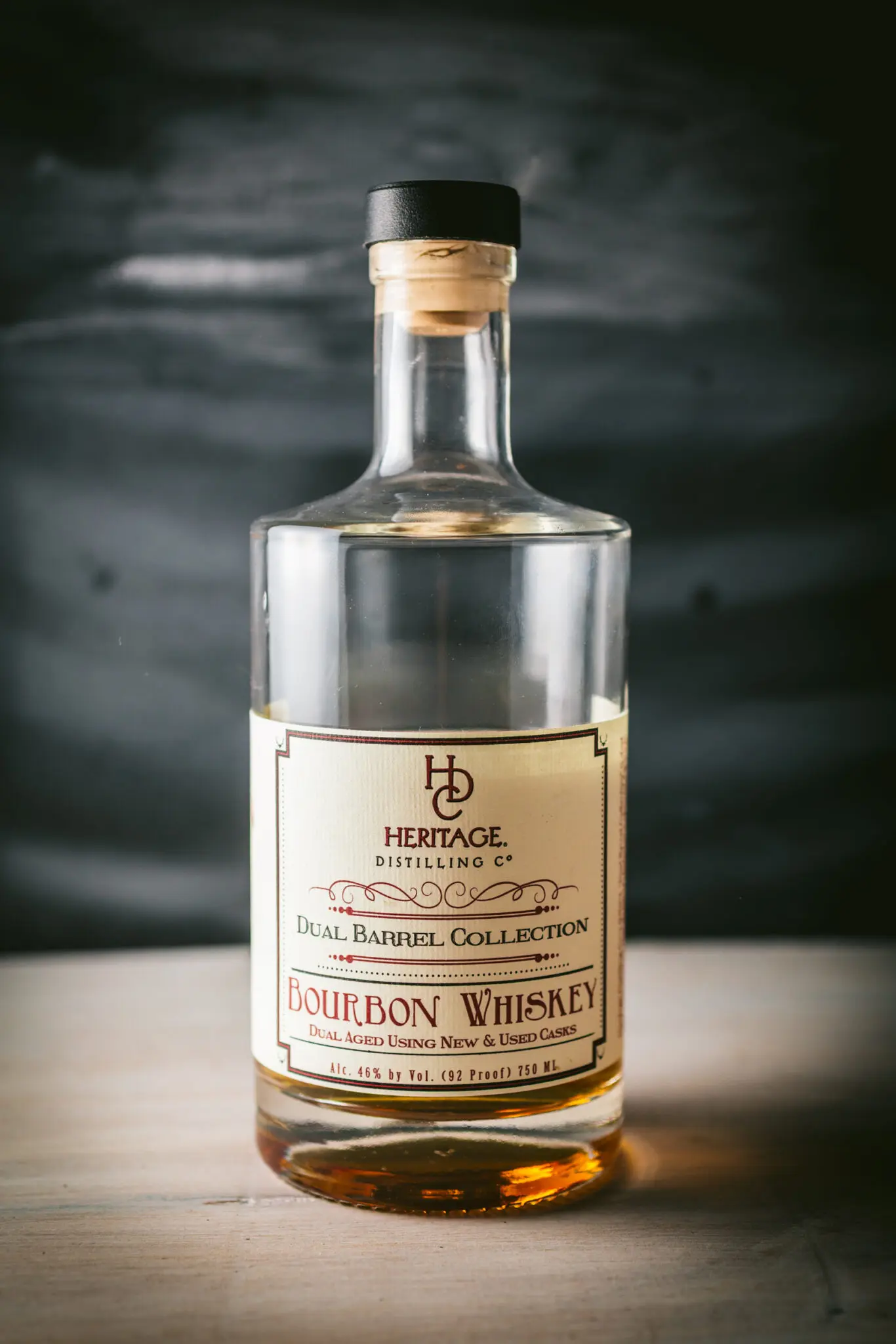
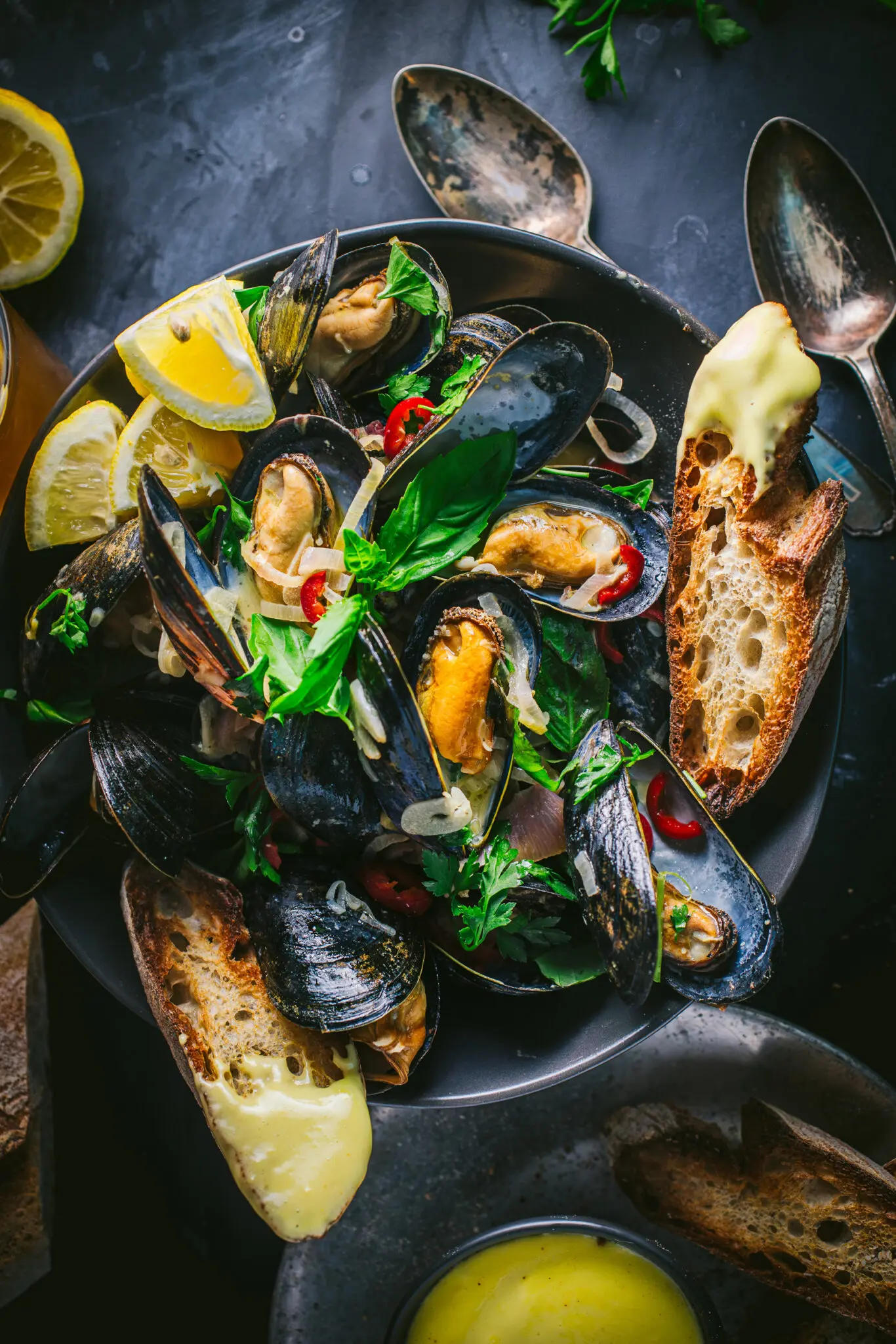
7. Newspaper
Newspaper lends a photo a fun, casual look. it’s great for certain types of dishes like fried foods, tacos, any sort of casual bites.
Since the words and photos may be visible, be aware of what the viewer is seeing. Images may be copyrighted so best to avoid them as much as possible. With text, make sure it’s either illegible or if words can be seen, make sure it’s not anything that will clash with the mood of your photo. No one wants to look at a photo of pretty lollipops and end up reading a sad story about dogs who can’t read.
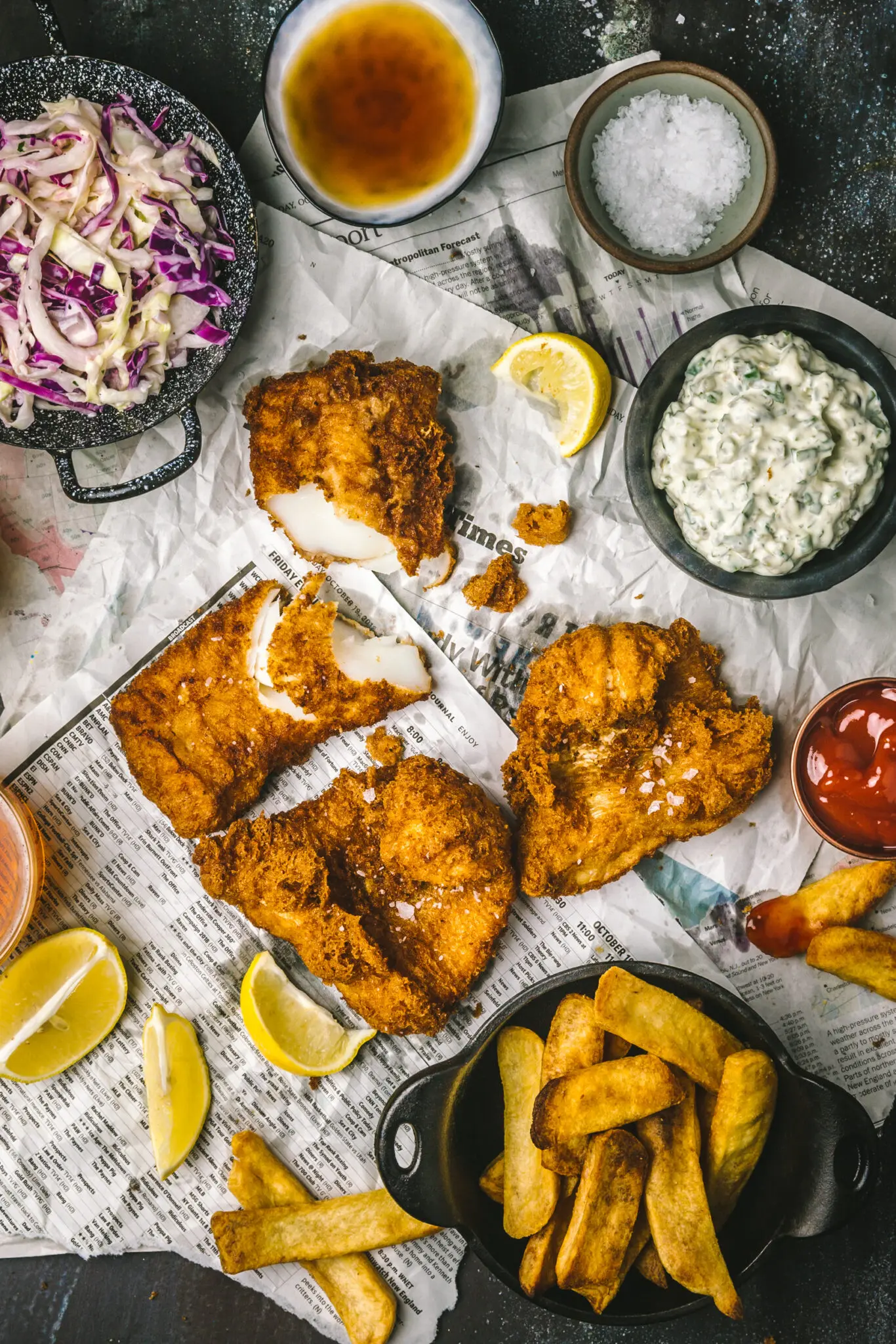
8. cutting boards
Plain wood cutting boards make a good, neutral surface for tighter shots. They are usually matte, and often have a nice grain. They can vary in tone, from light to dark. Large ones can work for full dishes, and small ones work for detail shots.
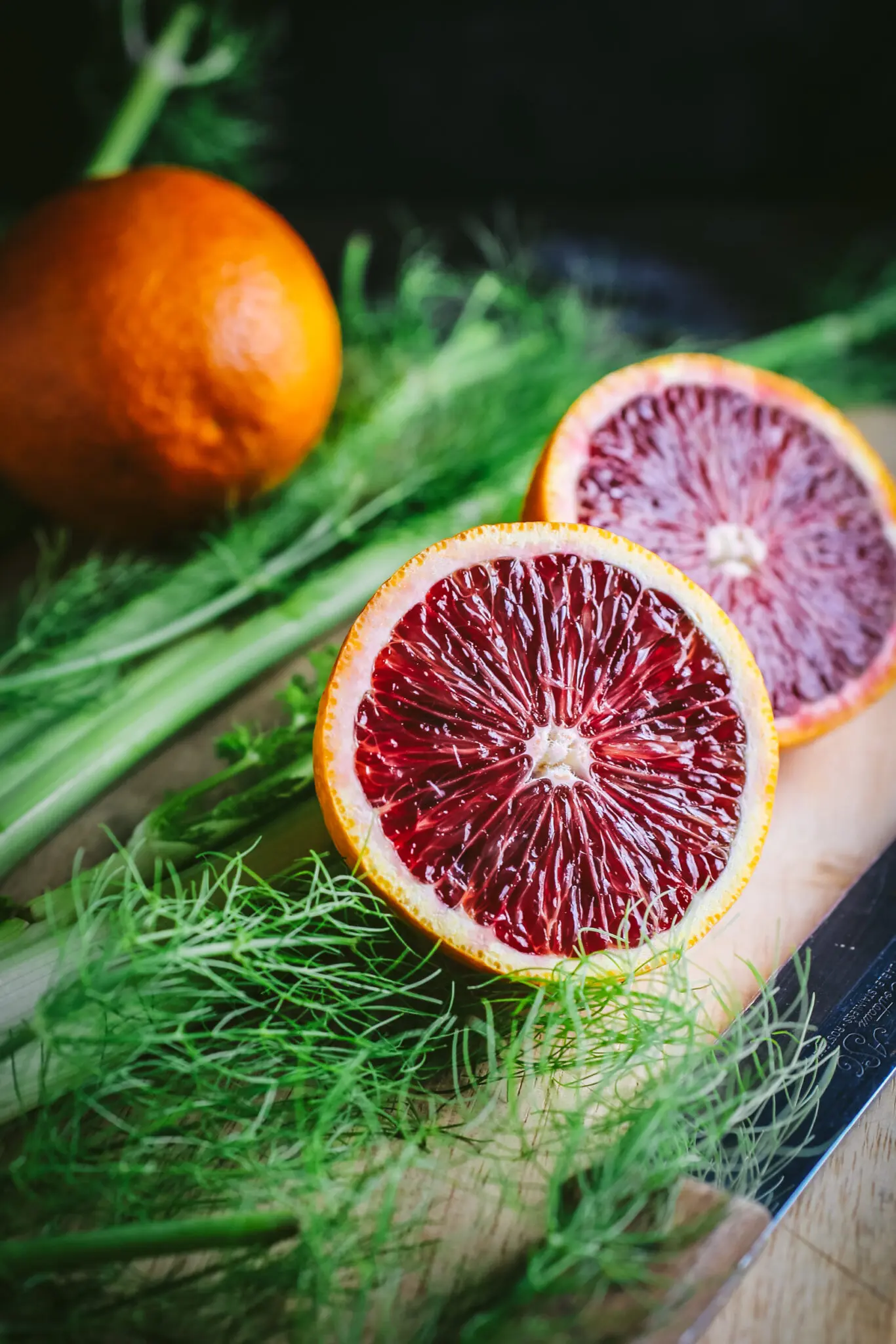
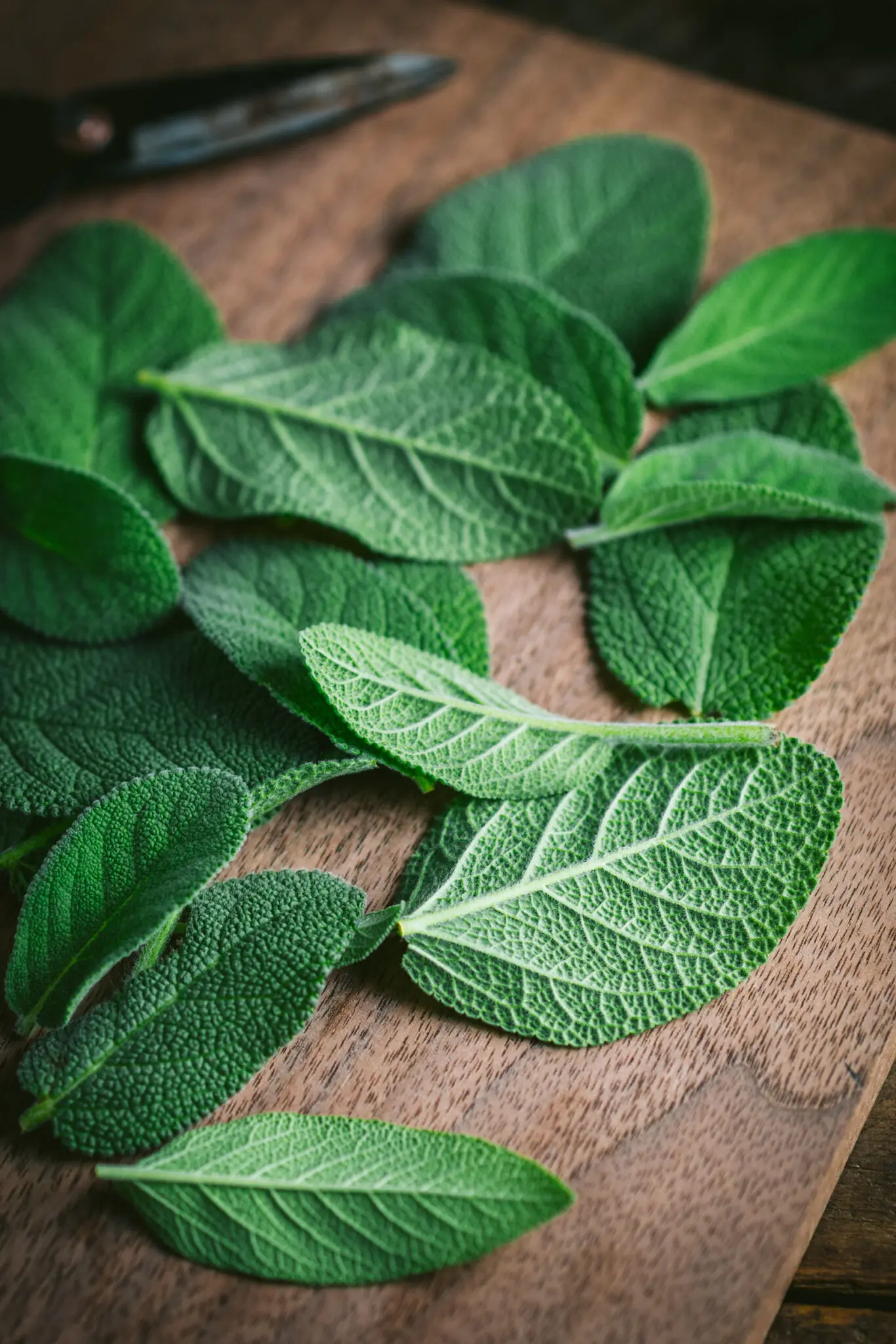
9. metal or textured plates
If your subject is small enough, a large plate or platter can act as a surface on its own. The key is to make sure it has texture or visual interest (without being so striking as to take the focus away from the food).
Our favorites are tin, pewter, and stoneware. Again, you’re looking for a matte finish and subtle texture. You can find lots of variations at thrift and antique stores.
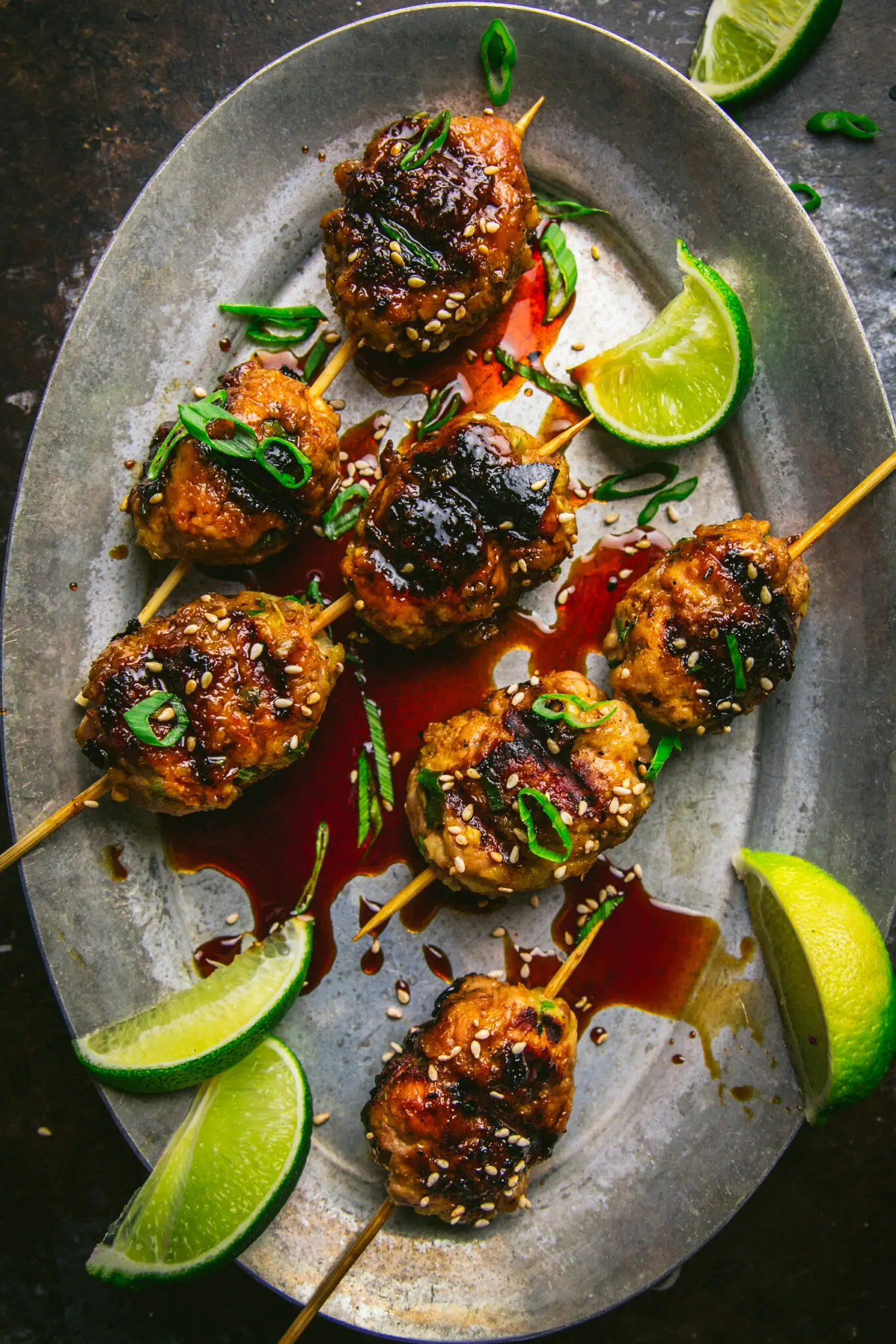
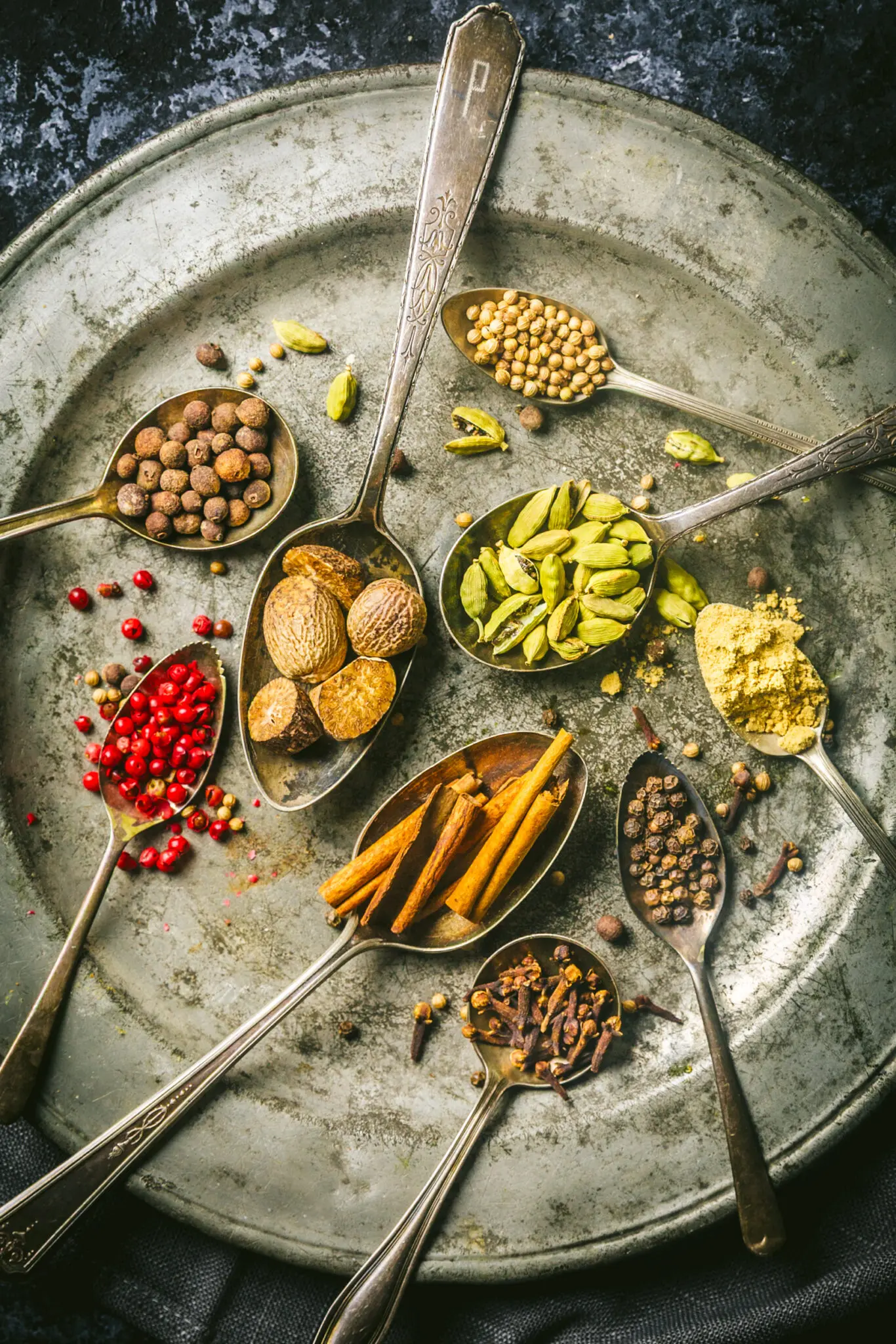
10. make your own surfaces!
Yes, you have to invest in a few materials, and you need the time and space to work in, but you’d be surprised at the fantastic backgrounds you can create for very little money.
You can check out our step by step guide for making backgrounds out of steel sheets, wood boards, plaster and more, coming soon!
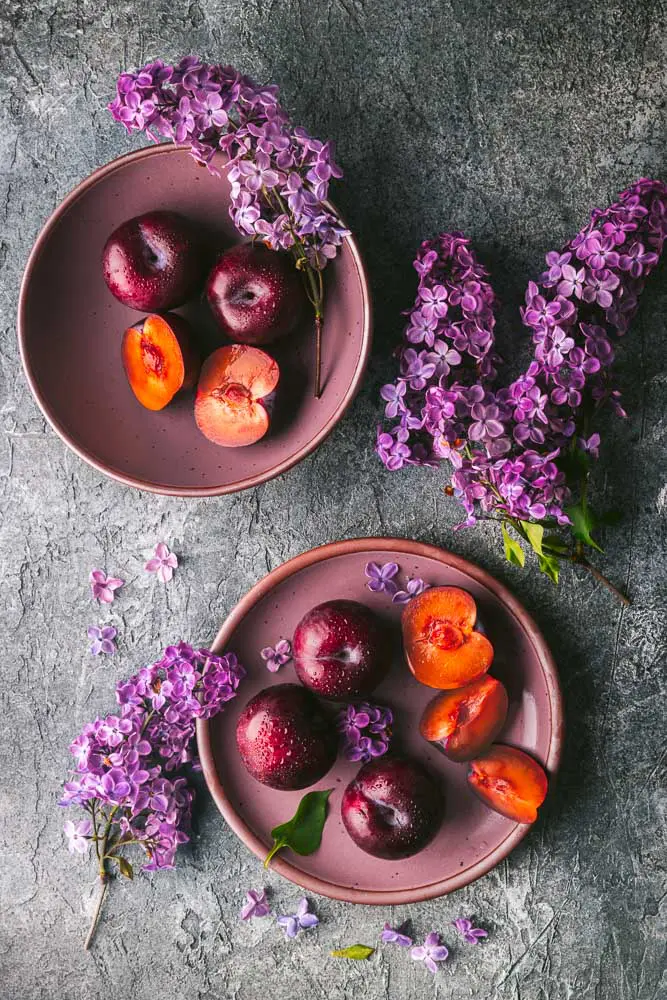
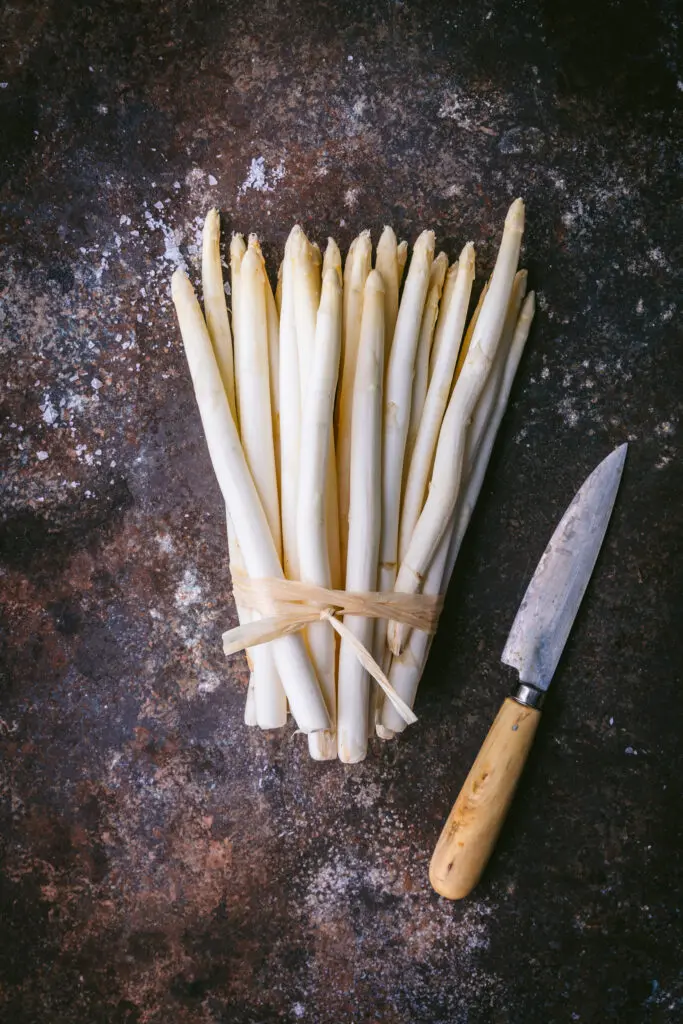
CHECK OUT OUR OTHER GUIDES
A guide to the best food photography backgrounds
10 cheap food photography surfaces (you probably already have)
10 essential food photography props (you probably already have)
Guide to the most useful props for food photography (dishware & bakeware)
Guide to the most useful props for food photography (glassware & barware)
